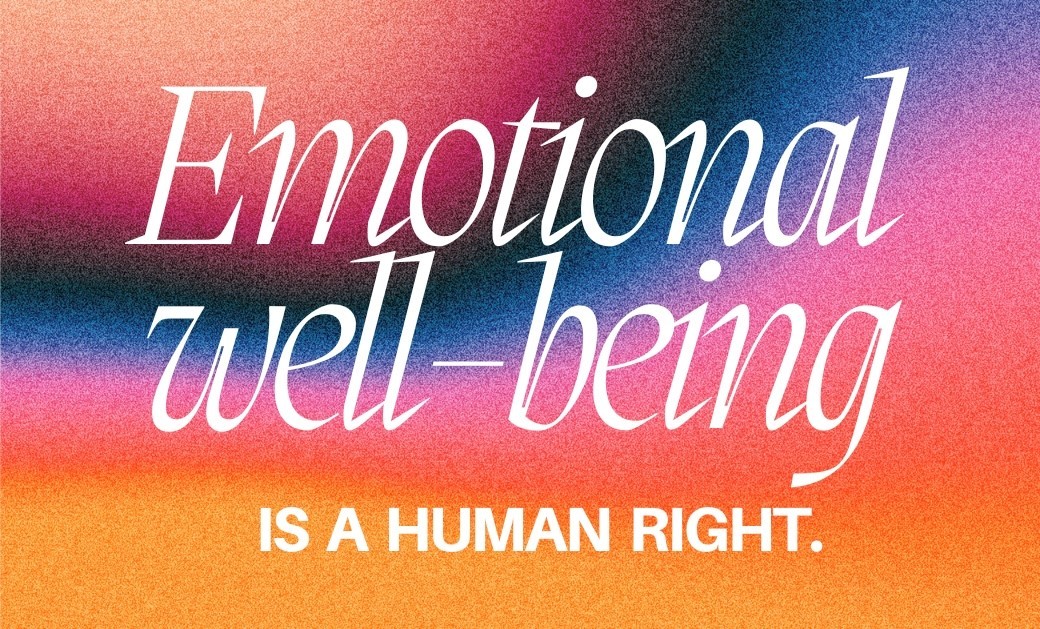
By Barbara DiGangi, LMSW, SIFI – Director of Community Wellness Initiatives at University Settlement
As I scrolled through my Instagram feed this past month, I was struck by the flood of posts supporting mental health. Messages of validation proclaimed, “It’s okay to not be okay.” Affirmations like, “I am resilient and capable,” filled my screen. Wellness influencers offered discounts on their exclusive self-care products. Discussions on stigma, information on signs and symptoms, and encouragement to seek support were ubiquitous.
While it’s uplifting and important to see mental health trending, the awareness needed to truly promote our society’s emotional well-being and address the stark realities we face is far more complex. Allow me to explain.
Much of Mental Health Awareness Month has focused on a micro level and an individual’s self-care: change your mindset, reach out for support. This is valuable, and it’s incomplete. The reality is that mental health is a human right that so many are denied access to, and self-care has become more of a privilege. No one should be living in a mental health desert, and yet so many do.
A broader vision for mental health awareness would question — how well are we taking care of each other? How can we promote community care? It’d mean recognizing the conditions that are causing and perpetuating our public mental health crisis in the first place, and then challenging the status quo. These include systemic issues such as systemic racism, poverty, intergenerational trauma, policing, misogyny, and more. For example, according to a report by the United Hospital Fund, in New York State “Black and Hispanic high school students were nearly twice as likely to attempt suicide compared to white high schoolers.”
Research shows that Social Determinants of Health (SDH) such as socioeconomic status, education, neighborhood, employment and social support, and access to health care have significant influence on health and quality-of-life outcomes. These are the factors not only impacting emotional well-being, but also perpetuating a vicious cycle. This is what we at University Settlement are seeing on the mental health front lines in homes, schools, and communities, as also illustrated in a lower Manhattan needs assessment by Trinity Church Wall Street. Conversely, we can also guess how far the ripple effects might go when we have emotionally well communities that are thriving.
Moreover, when we call for mental health awareness and for folks to take that (sometimes, big) step toward support, it’s important that access to services is accessible. Otherwise, we are leading to dead ends and revolving doors, disappointment and harm. We are also facing a deeply concerning workforce crisis. Poor salaries, lack of funding and burnout are contributing to a lack of diverse and experienced providers. Aspiring professionals are pursuing private practices rather than working within nonprofits to deliver critical services in homes and communities. This results in widening gaps within our mental health system, long waitlists, and ongoing criminalization of mental health issues.
Advocating for mental health awareness means a call to reimagine what “mental health” means, including the system and profession itself. It’s a matter of social justice and even democracy. Our system needs treatment and care to function impactfully, and our essential workers need investment and respect. Without calling attention to the root causes and the harsh realities of our field, the public mental health crisis will continue to exist and worsen.
As Mental Health Awareness Month draws to a close, it’s crucial to reflect on what we missed amidst the well-meaning social media blitz. We must consider how we can translate awareness into tangible action, ensuring that our passionate efforts extend to the meaningful, sustainable impact we so desperately need.

